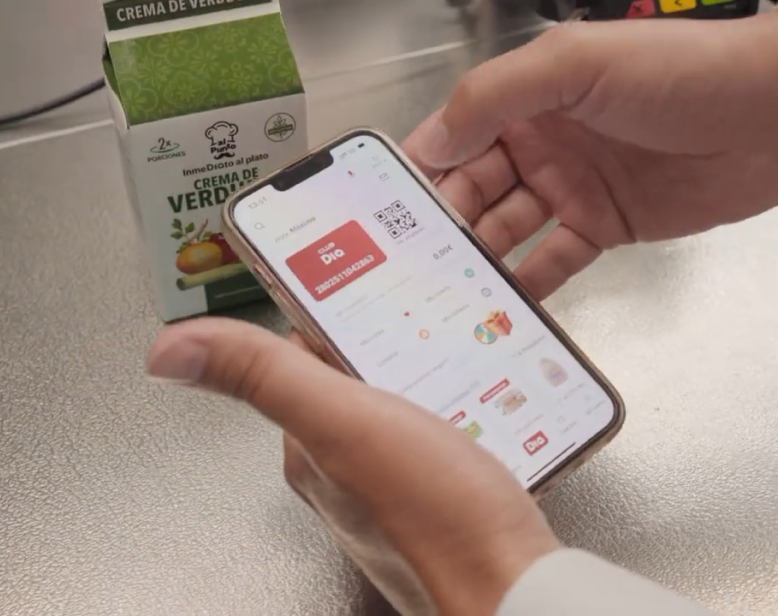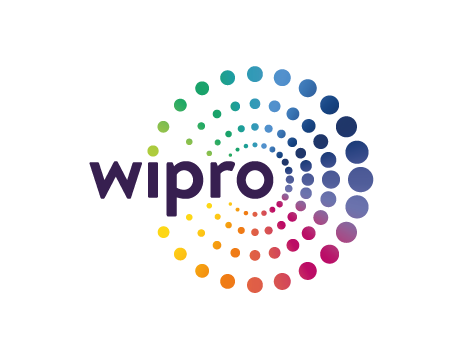Google Cloud customer stories
Organizations worldwide are turning to Google Cloud for their digital transformations. Today, nearly 90% of generative AI unicorns and more than 60% of funded gen AI startups are Google Cloud customers. Read more about more than 1001 gen AI use cases or watch customer success stories.
Real-world benefits for customers
Driving growth and efficiency
Millennium BCP uses BigQuery to boost conversion rates 2.6x in digital sales efforts.
Battling security threats
Apex Fintech Solutions reduced its threat detection turnaround time by up to 75%.
Featured stories
Filter by
Product Category
- AI and Machine Learning
- API Management
- Compute
- Containers
- Data Analytics
- Databases
- Developer Tools
- Google Workspace
- Networking
- Operations
- Security and Identity
- Serverless Computing
- Storage
- Other
Industry
- Automotive
- Education
- Financial & Insurance Services
- Gaming
- Government & Public Sector
- Healthcare
- Life Sciences
- Manufacturing
- Media & Entertainment
- Retail & Consumer Goods
- Startup
- Technology
- Telecommunications
- Transportation
- Other
Region
- Asia Pacific & Japan
- Europe, Middle East & Africa
- Latin America
- U.S. & Canada
AI and Machine Learningclose
U.S. & Canadaclose
 Verse8 allows 3,000+ creators to turn text prompts into play and create 8,000+ AI-generated games.
Verse8 allows 3,000+ creators to turn text prompts into play and create 8,000+ AI-generated games. Gemini outperforms other models in accuracy and speed when generating clinical studies and summaries.
Gemini outperforms other models in accuracy and speed when generating clinical studies and summaries. A governance, risk, and compliance platform’s migration to Google Cloud increased data security and simplified network management.
A governance, risk, and compliance platform’s migration to Google Cloud increased data security and simplified network management. Callers omnichannel AI scales 30× on Google Cloud, boosting conversions, unlocking new revenue streams, and driving stronger retention.
Callers omnichannel AI scales 30× on Google Cloud, boosting conversions, unlocking new revenue streams, and driving stronger retention. Qualia Clear, powered by Gemini, automates real estate closings, transforming document-heavy processes.
Qualia Clear, powered by Gemini, automates real estate closings, transforming document-heavy processes. With Google Kubernetes Engine and Gemini 2.5 Flash, Rei Labs enables users to develop expert, accurate AI agents to assist research projects in Web3, neuroscience, psychology, and more.
With Google Kubernetes Engine and Gemini 2.5 Flash, Rei Labs enables users to develop expert, accurate AI agents to assist research projects in Web3, neuroscience, psychology, and more. The city of Chattanooga uses Google Cloud's integrated AI platform to empower its workforce, improve public safety, and build a more responsive city.
The city of Chattanooga uses Google Cloud's integrated AI platform to empower its workforce, improve public safety, and build a more responsive city. Contextual AI built a platform that delivers enterprise-grade, low-hallucination AI by fine-tuning Llama models on Vertex AI.
Contextual AI built a platform that delivers enterprise-grade, low-hallucination AI by fine-tuning Llama models on Vertex AI. Researchers and clinicians at Uniformed Services University leverage a comprehensive suite of Google Cloud services—including BigQuery, Cloud SQL, Compute Engine, and VertexAI—to speed discoveries that accelerate patient recovery, yielding $10 billion in potential cost savings annually.
Researchers and clinicians at Uniformed Services University leverage a comprehensive suite of Google Cloud services—including BigQuery, Cloud SQL, Compute Engine, and VertexAI—to speed discoveries that accelerate patient recovery, yielding $10 billion in potential cost savings annually.
Read more of our in depth customer stories
Visit our blogLearn what industry analysts are saying about Google Cloud
Explore analyst reportsNetwork with other professionals
Join the Google Cloud community






























